
Hello everyone, as we are all aware, 2020 has been a very *ahem "eventful" year and one thing that has reared its' head again is race relations in the United States after the death of George Floyd. So I felt compelled to make a take debunking the shallow talking points trying to discredit the BLM movement.
1. Systemic Racism Doesn't Exist:
Very few people will deny that racism still exists at an individual level or that institutionalized racism has existed in the past but opponents of BLM claim that systematic or racism in society as a whole still exists. However, there are some problems with this argument; most notably that the impacts of systemic racism still persist to this day. For example, policies known a "red lining" made African Americans that moved into the cities during the "Northern Migration" restricted to low-income areas. This meant black children went to lower quality schools than their white counterparts thus making it harder to get a well paying job and perpetuating a cycle of poverty. And this isn't speculation; a 2017 study indicated that the impacts of Red-lining [1] are still impacting black communities to this day.
But the claim that "while (explicitly) racist laws are not part of the US legal code, we are still living with the impacts" is an incomplete truth. What's easy to overlook is that while we are still living with the effects of past racist policies, racism itself adapts and claims to the new political and social climate. So if you're going to argue that "systemic racism doesn't exist because there are no laws that deliberately target a specific race", well no shit, that's illegal and if you try to push it, you'll be called out on it. This doesn't mean that a law code can't be manipulated to target a specific group. If you want to see this principal in action, you only need to look to the history of the US. After slavery was outlawed, the freed slaves in the southern US were still left with the impacts of slavery but that's only part of the story. The system of slavery itself adapted to the new landscape and used a loophole in the 13th amendment which allowed for involuntary servitude as the punishment for a crime. Many local governing bodies in the South established the "Black codes" that placed harsh punishments for minor infractions as an excuse to arrest African Americans and use their forced labor in the "convict leasing" system also known as the "chain gangs". So to make a parallel with the present, no laws explicitly allowed the enslavement of African Americans, but that didn't mean it wasn't happening.
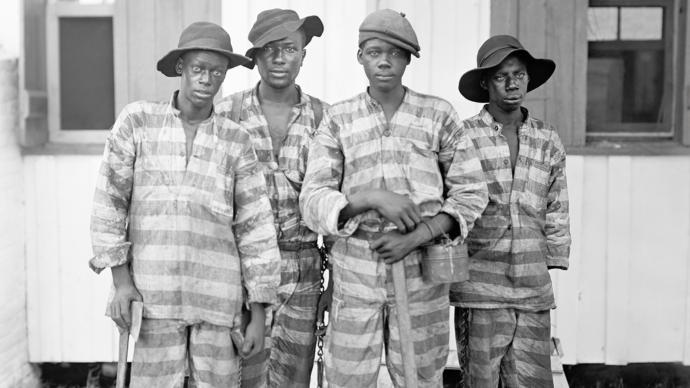
And one way to manipulate the law is to enact harsher sentences that certain groups are more likely to commit such as the 18:1 crack (used mostly by African American) versus powder (used primarily by white Americans) sentencing disparity.
One example given for the presence of systemic racism to this day is the fact that black people make up 13% of the overall population while making up 40% of the prison population. A counter to this is that this is just because black people commit more crimes and a figure often given is that 56% of all violent crimes are committed by African Americans. Now the first problem with this counter is that statistic is only a small cross section because not all prisoners are in prison for violent crime. In fact, when the violent crime rate was going down, the total prison population increased:
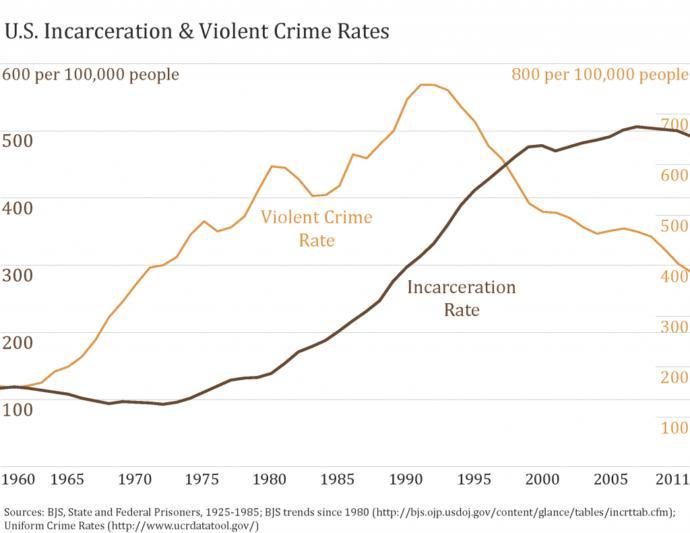
So if we look at the prison population as a whole, two trends stand out:
1. African Americans are more likely to be committed for the same crime than a white person.
2. African Americans face (on average) face a longer sentence for the same crime and.
And both of these trends still stand out when all other factors (past history, resisting arrest, etc...) are adjusted for [2] Not only is covert racism present in the prosecution and sentencing. African Americans are more often subject to harassment [3] by police which will subsequently inflate the number of African Americans accused and later convicted of crimes.
2. The "Culture" Copout
Many have used the fact that George Floyd had a criminal past to discredit BLM by claiming that they are idolizing someone with a criminal past. Well first of all, his criminal past has been grossly exaggerated [4] and second, I think Malcolm X addressed this point over 5 decades ago:
Here's a news flash: people are influenced by their surroundings (all though that's a point we'll discuss later in the video) and when people grow in an environment riddled with crime (and some more less conspicuous factors that we'll discuss later) it can corrupt people and turn them into criminals.
And the problem is that we don't have a "corrections" system designed to correct criminal behavior. Private prison corporations have lobbied politicians to pass laws that favor recidivism and keep people coming back to prisons because it's hard to get a well paying job (which you need these days if you want to make ends meat) so often times people have resort to illegal means to make money. So on top of being more likely to be sucked into the criminal justice system for a crime a white person wouldn't be convicted for or face a less severe punishment, once they get into that system it's hard to break the cycle even when you get out of prison. This is the elephant in the room when people are talking about Floyds' criminal record; his life and his death are symbolic of the plight of African Americans in this country.
But why are African Americans inclined to commit more crime? Surely selective policing can't explain the greater rate at which African Americans commit violent crime. One cause likely is the high poverty rates in African American communities. Much of this funds from underfunded public schools [5] and residual impacts of pre civil rights practices such as Red-lining. However, we see lower crime rates in the Hispanic community despite comparable poverty rates.

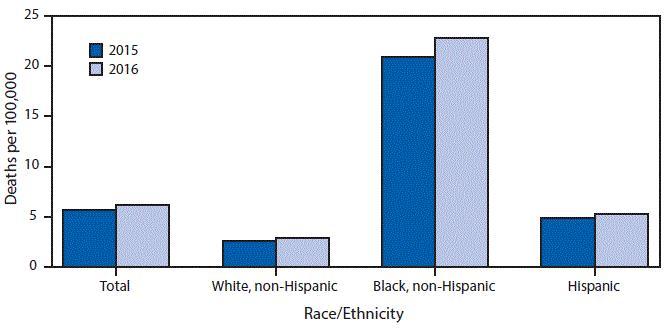
This would stand out to many as proof that black culture is behind the high crime rate in African American communities. Proponents of this view claim we have to enact a more strict policing and justice system. However, there are some problems with this argument such as analysis that illustrated that harsher repeat offender laws don't decrease crime rates [6] (or even decrease incidences of police brutality [7]) and 90-95% of sentences are plea bargains [8] (largely due to minimum sentencing laws [9]) so harsher sentences will mean less people will agree to bargains. This would in turn completely back-up our criminal conviction system which already has a greater per capita population held in pre-trial [10] than most other developed countries have in their entire incarcerated population.

But the "culture" premise remains speculation and is one of many possible explanations. One problem with the "culture" hypothesis is that culture is usually the result versus the cause of a demographics' socioeconomic situation. Sure, negative elements of a culture may impede attempts to get out of the cycle of crime and poverty but they didn't cause it. Also, while black violent crime is high, it has noticeably decreased since the mid 1990s so to attribute "black culture" as the cause of high African American crime rates you'd have to show that black culture has (somehow) been getting "better" since then. The other scapegoat (black fatherlessness, which is way less widespread [11] than an initial glance at the evidence would have you believe) has been constant or slightly decreasing while black violent crime rates were decreasing as well so that explanation can be ruled out. But if Hispanic crime rates are lower than African American crime rates despite similar poverty rates what's going on? Well systemic racism doesn't target all minorities equally. When he sent troops in to invade the Dominican Republic after Haiti, Woodrow Wilson said "OK men take it easy; remember they're spics not niggers". Even if Hispanic-Americans faced less systemic racism than African Americans, them having similar poverty rates wouldn't be out of the ordinary because many would have come from more impoverished countries while systemic factors didn't drive the crime rate in their communities to the same levels. But what are these "systemic factors"?
White supremacists in the US will often claim that African Americans commit more violent crimes and exhibit educational under performance because it's "in their blood". To that I say: No shit:
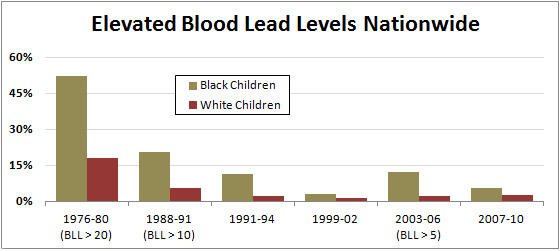
Lead tends to do that when it gets into your system [13]. In the present day, there is a 2.5 to disparity in the occurrence of Pb levels in excess of 5μg/L between white and black children but in the early 90s (when people who are young adults now would have been affected by it), it was greater than 4:1. Remind me, what's the disparity in murder rates between African Americans and other groups with similar poverty rates. Now you might argue that this is speculation. Well not really, there is a well documented correlation between violent crime rates and lead exposure is well documented and we've even seen a decline in violent crime when people who would have been effected by the ban on leaded gas came of age. And lead paint isn't being cleaned out from black residences [14].
In the colonial era, people used religion and the condonation of slavery in the bible to justify slavery and claimed that the inferior races were the cursed descendants of Kane. In the Victorian era, scientific racism took the center stage and claimed that other races were less evolved than others which justified the subjugation of the weaker races under the yoke of imperialism. In the present day people claim that racial disparities in incarceration and poverty rates are due to "culture". But while justifications for discrimination come and go with the passing of time, the underlying motivation is always the same: greed.
3. "Selective Outrage"
I've heard many reactionaries claim that BLM activists only care about black lives if they're killed by a white police officer because it fits their political agenda. These people will then go on to talk about how many more African Americans are killed by other African Americans and point to the apparent lack of outrage to make the case that BLM is only motivated by an ulterior political (often described as "Marxist") agenda; like we've never heard that one before [15]. But many BLM supporters have also supported measures that would curtail gang violence such as increasing funding towards welfare, mental health access and education in the black community, having stricter gun control laws to make it harder for criminals to obtain guns (whether they want to follow the laws or not) and de-privatize prisons whos' profit motives [16] create a system that traps and keeps many black men in a life of crime. But whenever such measures are proposed, many of the same reactionaries who complain about how "BLM activists don't care about black on black crime" try to block them claiming that "it's telling other people how to spend their money" (even though everyone pays taxes and has a say in how they're spent) and "don't take away my guns" (oh boo-hoo, you won't be able to get more guns than you need to defend yourselves). And the reactionaries will make other BS arguments like claiming that the areas with most welfare and gun controls have the most poverty and gun violence not realizing that they reversed the cause and effect. So given that measures have been put fourth to curtail black on black violence, the claim that "BLM only cares about black lives when it suits their political agenda" is just a red herring meant to contrive hypocrisy. It's like saying that an organization that calls itself a relief fund that focuses on treating HIV has a deceptive name because hunger kills more people. Now you might wonder why focus on police brutality when there's so much more to the impact the criminal justice system has on the black community? Well the most likely explanation is that it's a PR thing because far more people know about police brutality and getting them involved will also encourage them to explore the issue further.
But in the upcoming 2020 presidential election, Joe Biden has championed the African American call for justice. But a point that's brought up is that Joe Biden has a long history of supporting many crime bills that put many African Americans behind bars for often times life sentences such as the three strikes law. And a common talking point put fourth by the American right is that the left are hypocrites for slamming the republicans for wanting to keep harsh prison sentences while voting for the Democrats who proposed or voted for those laws in the first place. However, CONTEXT MATTERS; the 1993 three strikes law and similar legislation was passed when violent crime rates were increasing across the country. One might be tempted to think that these laws curtailed the violent crime rate, if we look at the implementation of the three strikes law on a state by state basis, there doesn't seem to be a correlation between the implementation and the drop in crime. While we have seen good data supporting the "lead hypothesis" at the time is it was all guesswork so it's kind of hard to fault the Democrats for passing harsher sentencing laws when crime rates were increasing; not so much republicans who want to keep these laws in effect when crime rate is decreasing and there's hardly any evidence that these draconian measures caused the crime rates to drop.
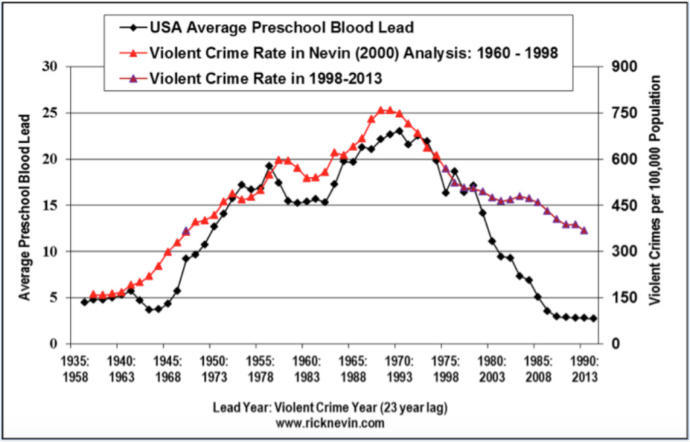
A third claim of selective outrage has to do with the BLM protests and the lack of the criticisms of the risk of the mass gatherings spreading the virus. Well first of all, there's no evidence that the protests spread the virus but second racism is a public health crisis. And no this isn't some SJW talking point; we can see it manifest in terms of life expectancy [17], obesity rates [18] from food deserts, low birth rates [19], over-representation of children in special ed [20] linked to the aforementioned lead exposure and a higher death rate from COVID-19 [21]. But of course, while most protests have been peaceful, there have been riots as well and opponents to BLM have used these to discredit the movement and using the riots to dismiss comparisons between BLM and the civil rights movement and asking what would MLK say if he was here? Well, contrary to popular belief, there were riots during the Civil Rights Era and MLK did voice his opinion on the topic:
Any large scale acts of violence by a population isn't because this population is more inherently violent than others; it's an alarm that there's something very wrong with the way that this population is being treated. Is it a rational approach? No but when people are pushed too far they often don't act or think rationally. Now this is RATIONALIZING the violence, not 'justifying it' (conflating the two is the oldest trick in the authoritarian playbook) as a call to drain the quagmire. If you don't, the swamp gas keeps bubbling up and it only takes one spark to ignite a firestorm. And to address the elephant in the room, if you really want to know why so many people think non-violence won't accomplish change, instead of asking what would MLK say if he was still alive, ask why he is no longer alive to say it (because racist dipshit killed him too).
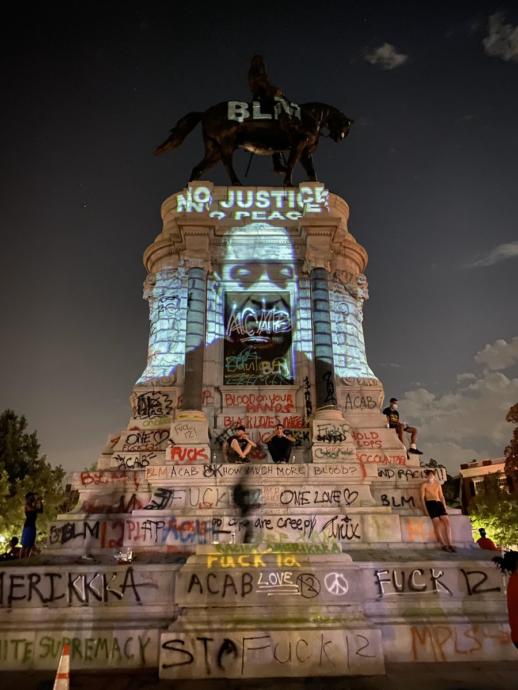
A fourth issue is the confederate monuments with advocates of said monuments claiming that they're meant to honor history and heritage. The argument put forth is that outrage over the monument is only a recent thing and the individuals who want to take them down want to "erase history". Well first of all, outrage over the monuments goes back a lot further [22] than most people seem to realize and the timing of the erection of the monuments doesn't add up with the narrative that it was to glorify those who fought and died in the confederate army. Instead, most monuments were erected during a time of racial tension in the US. And the idea that the South was fighting against "government tyranny" doesn't hold water either because restrictions on civil liberty were far more prevalent in the South than the North. Monuments aren't just objects, they are meant to give a message about the men depicted and the cause that they fought for and keeping monuments up that preserve the lost cause myth only serve to give a distorted version of history; not preserve it. Some have argued that we should put a plaque by the monuments with a disclaimer of put them in a museum. However there are two problems with these arguments: if a monument can't stand on its' own, what's the point of having it and museums are educational institutions; not places that you dump shit you don't want anymore. Lastly, there have been others who have used the slippery slope argument and have pointed to statues of Lincoln being defaced but factcheck has debunked these claims [23] and while Grants statue was torn down, you have to remember that he didn't live up to the promises that the Union made to the freed slaves.
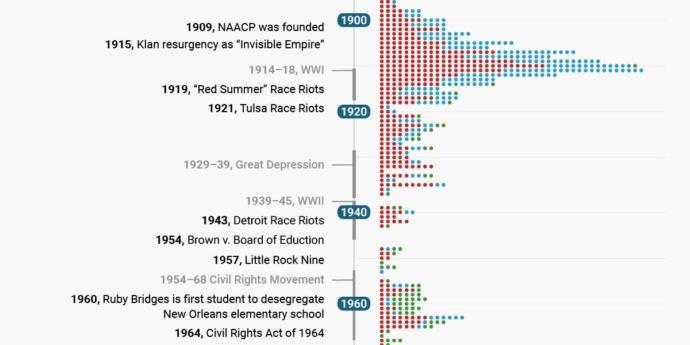
Never forget the Fort Pillow Massacre committed by that piece of shit Nathan Bedford Forrest:

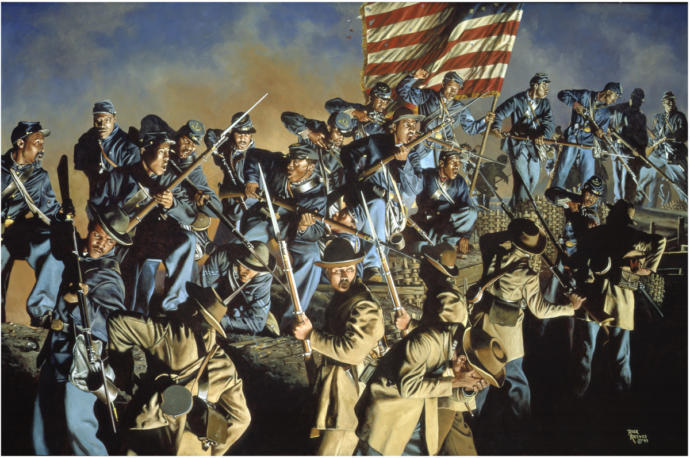
Sources are here.
Also, G@G has to fix its' algorithms because it tried to put this in "sexuality".
 Holidays
Holidays  Girl's Behavior
Girl's Behavior  Guy's Behavior
Guy's Behavior  Flirting
Flirting  Dating
Dating  Relationships
Relationships  Fashion & Beauty
Fashion & Beauty  Health & Fitness
Health & Fitness  Marriage & Weddings
Marriage & Weddings  Shopping & Gifts
Shopping & Gifts  Technology & Internet
Technology & Internet  Break Up & Divorce
Break Up & Divorce  Education & Career
Education & Career  Entertainment & Arts
Entertainment & Arts  Family & Friends
Family & Friends  Food & Beverage
Food & Beverage  Hobbies & Leisure
Hobbies & Leisure  Other
Other  Religion & Spirituality
Religion & Spirituality  Society & Politics
Society & Politics  Sports
Sports  Travel
Travel  Trending & News
Trending & News 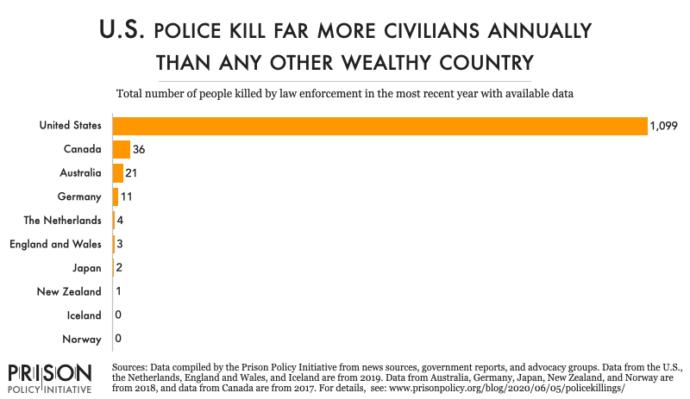
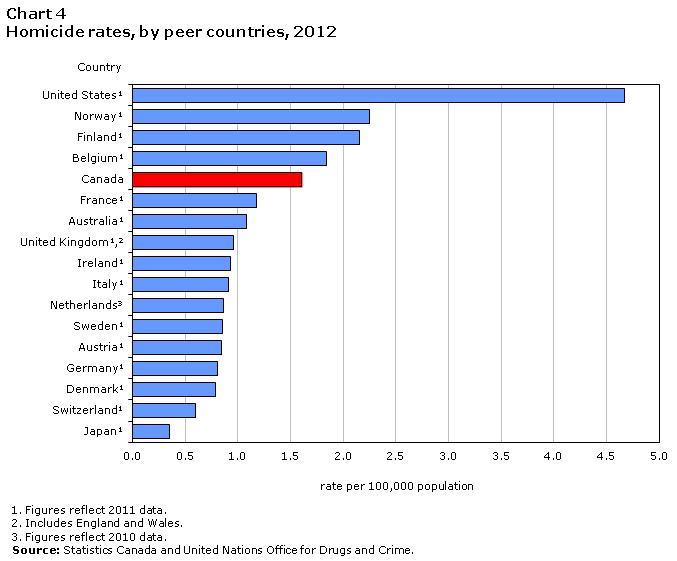
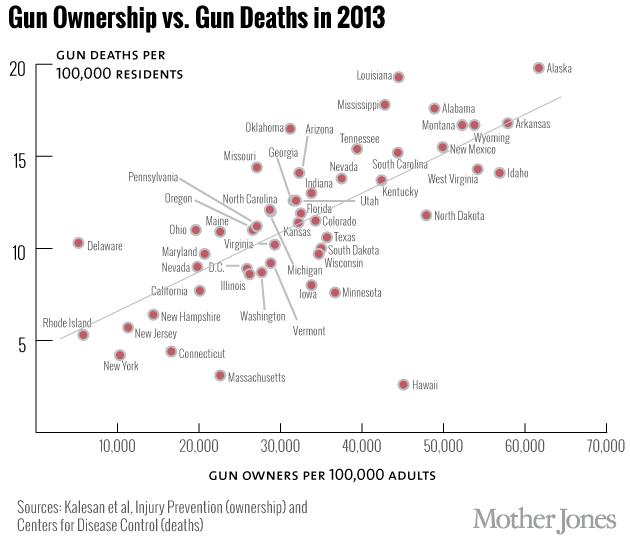
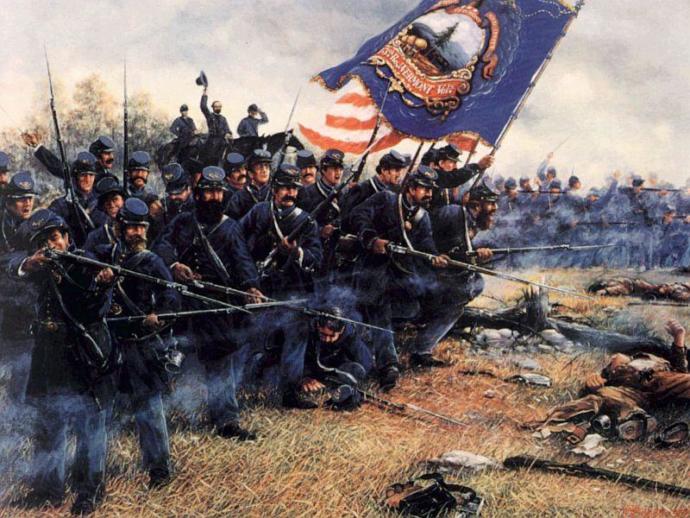
Most Helpful Opinions